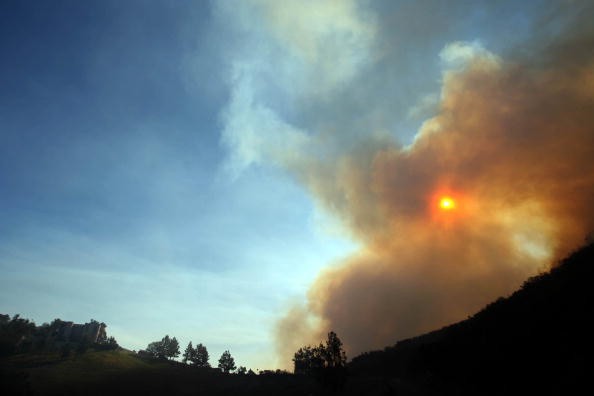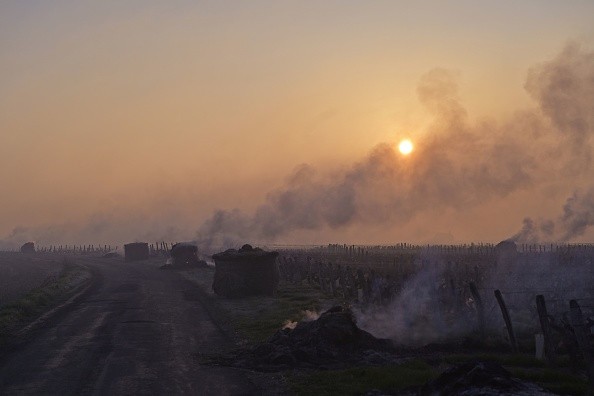Earth is anticipated to attain the critical threshold of 1.5°C warming because of climate change within the coming 20 years. In spite of how seriously global governments cut the emission of greenhouse gas under all five scenarios which a landmark scientific report considers.
In a rundown on the state of climate science which 195 countries concurred with on the 6th of August and released on the 9th of August, the Intergovernmental Panel on Climate Change (IPCC) said the role of humanity in powering climate change was "unequivocal." The language was upgraded from clear - used eight years ago - to unequivocal.

Climate Change
Scientists said since 1850, each of the past four decades has been consecutively warmer than any decade. They also gave warnings of more severe weather if emissions aren't looked into. Dangerous floods and heatwaves have already been seen this 2021 from Canada to China.
University of Oxford's Friederike Otto, a lead IPCC author said: "Climate change is not a problem of the future, it's here and now, and affecting every region of the world."
Global Warming
In the worst of five scenarios explaining how potential global emissions may happen, the world deals with a devastating 4.4°C average temperature increase by 2100, the IPCC came to this conclusion.
Under all five scenarios, in two decades to come, warming attains or surpasses the 1.5°C aim of the 2015 Paris Agreement. This also set a less powerful aim of holding warming to 2°C.
Although, the fortunate news is the most aspiring scenario, when emissions cut to net zero and are taken away from the atmosphere, warming would be seen later falling back to 1.4°C by 2100.
Ed Hawkins of the University of Reading, UK, who is an author on the IPCC report said: "The 1.5°C or 2°C goals, they are not cliff edges. We don't fall off a cliff if we go over those thresholds. Every bit of warming matters. The consequences get worse and worse and worse as we get warmer and warmer and warmer. Every tonne of CO2 matters."

Long-term Changes
Those results include additional extreme heat, torrential and more changeable rainfall of the type that prompted the recent floods in Germany, together with more loss of snow and thawing permafrost.
It is expected that the Arctic will be without ice in summer at least once prior to 2050 under all emissions scenarios, putting polar bears in more danger and rapidly increasing warming as less of the energy from the sun is thrown back to space.
Some alterations, including ocean acidification, will not be reversible for centuries to millennia in spite of how communities cut emissions in years to come.
An IPCC author based at King's College London whose name is Tamsin Edwards said the more warming is limited, the more those long-term changes can be slowed down.
Related Article: Countries on Pacific Island Lead the Report on Global Warming, According to Experts
For more news, updates about gloal warming and similar topics don't forget to follow Nature World News!
© 2025 NatureWorldNews.com All rights reserved. Do not reproduce without permission.





